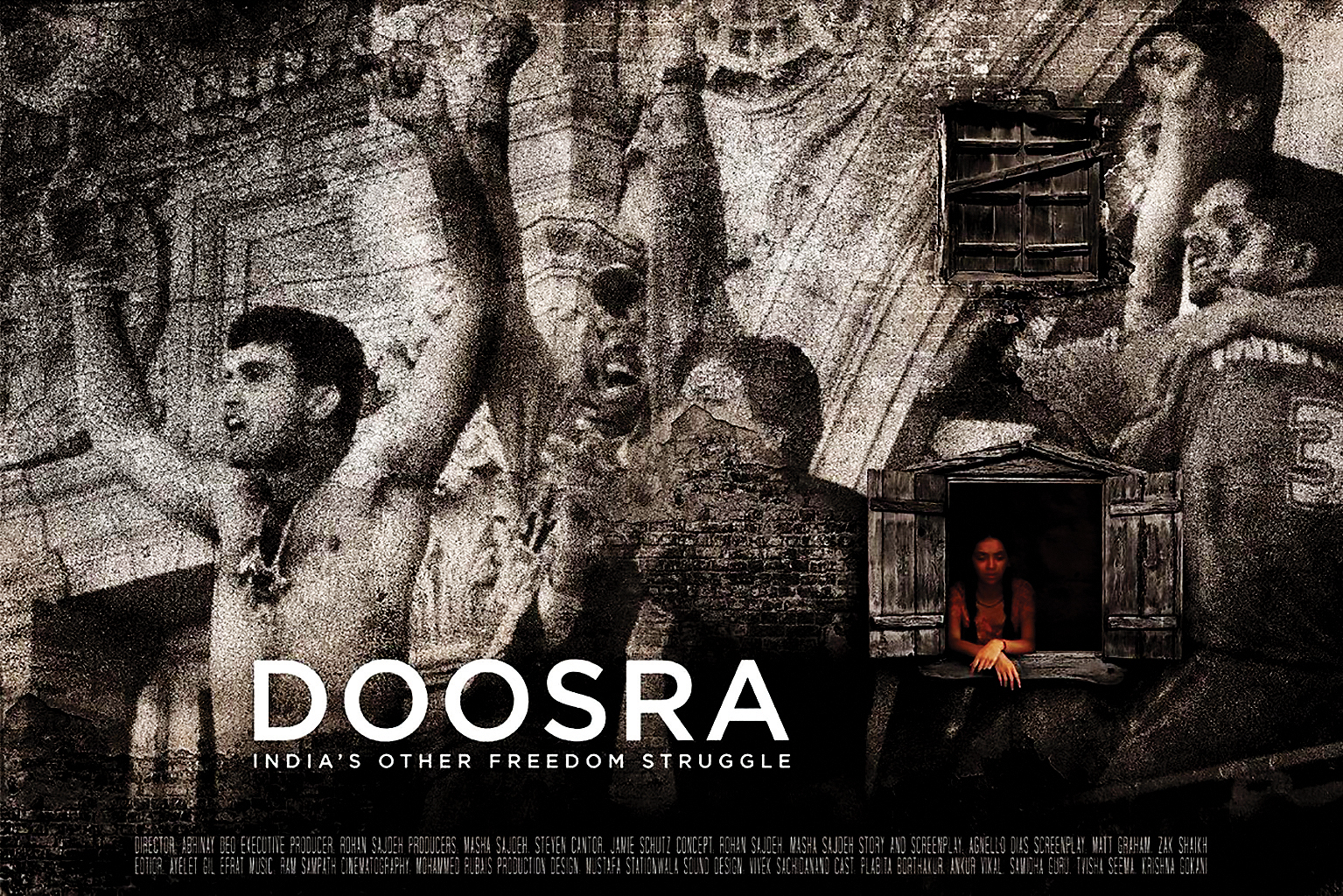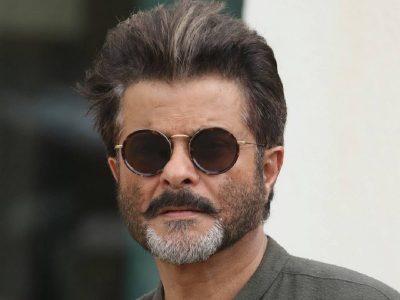Bringing a new genre of docu-fiction to Indian audiences, Abhinay Deo relates the story of the country’s love affair with cricket through the eyes of a young girl
Whether you are a cricket fan or not, you must remember the iconic moment from 2002’s Natwest series – where cricketer Sourav Ganguly took off his shirt and waved it in the air after India won over England in the Lord’s stadium. This was an historic moment – for more reasons than one, for every Indians. And one will get to relive this iconic moment in the upcoming sports documentary Doosra: India’s Other Freedom Struggle.
Directed by Abhinay Deo of Delhi Belly fame, the story is about India’s iconic 2002 victory as seen through the eyes of a young girl. The film is a social documentary that combines two stories of courage and freedom connected through this iconic cricketing moment that redefined how Indians look at themselves. It promises to present a fresh insight-driven point-of-view on the rise of India, with a parallel reference to the power of cricket as a sport in galvanising a nation as never witnessed before.
Deo is in constant search of something new for a film. “I am always looking for subjects which can push the envelope, because I like to try and go into territories we have not gone before, break some boundaries and give something new for the audiences to watch — rather than the same potboilers all the time. And that was the main reason I chose this topic for Doosra,” he confesses.
“And the other reason is that the film is about India as a country, and how it emotionally and attitudinally changed. A large part of the reason for that change is cricket and that is what the thesis of the film is. And both these things – my country India and cricket as a game — are very dear to me,” Deo further explains.
What sets this film apart is that it is a documentary fiction – a first of its kind in India. “Till date, there is no such thing as a docu-fiction that has been made. We are creating a genre here. There are docudrama, mockumentary and all sorts of different concepts.” He further clarified that this is a feature length film — which has pure documentary in it as well as pure fiction – running parallel to each other and affecting each other. “So, it’s something which is completely new in terms of a genre.”
One of the most intriguing aspects is that some parts of Doosra were shot on 35 mm film. Deo wanted to create authenticity in shooting the fictional part of the film – which depicts the early 90s, and thus chose to shoot it on film rolls. As he explains: “As we proceed towards the 2000s – towards the new millennium – the advent of digital happened. And so, I have moved from 35 mm film, as the fictional story starts moving forward, to digital.”
“Film rolls has a certain feel. And today that feel is lacking when we go into the digital, a certain ‘polished’ and ‘clean’ way of looking at things. I wanted to have that rustic feel of film, that grain of film, so that people when they are watching it, they start feeling ‘this is how I remember films used to be at that time’,” he shares.
Deo gained recognition with his debut film Delhi Belly – which was an out-and-out black comedy starring Imran Khan, Kunaal Roy Kapur and Vir Das, who unwittingly become targets of a gangster. He returned to this genre last year with Blackmail, starring Irrfan Khan and Kirti Kulhari. He shares his views on how Bollywood films have evolved as far as attempting and accepting this untapped genre is concerned.

“We have a very polarised audience in our country. There is an audience who only refers to Netflix – where their (the metro-centric audience) concept of comedy is very different, very subtle. It’s non-slapstick. Then there’s another section – which we call the mass audience. For them, comedy means slapping each other, falling off – these appeal to them.”
Deo thinks dark comedy is a genre which needs to develop even further. “We need to make more of it, so that the audience gets comfortable with it and are educated about it. So, I personally feel that we have a long way to go as far as dark comedies are concerned.”
Since it took him five years to return to this genre, he believes there’s a change which he has witnessed in the way the audience perceives it now. “The audience is far more accepting to some extent, but there’s still a long way to go. There is a very small amount of audience – which relates to dark comedies and intelligent comedies, where everything isn’t about the visual slapstick parody. It is more oriented to your grey cells. It tickles your grey cells where you can actually laugh on a joke thinking about it again and again, whereas slapstick is only for a time being. I think the audience is changing but the change is very slow,” he explains.
So, what’s next after Doosra for the Delhi Belly filmmaker? He happily announces that there is a bunch of projects he is working on. “I have not started working on one particular project, but there are about scripts of four to five digital projects and three feature films I am working on. The way I operate is – after my one project is over and it sees the light of the day – then I go completely into the next one, and at that point whichever project is exciting and relevant, I feel like I can invest another year of my life into the project – I pick it up,” concludes Deo.




